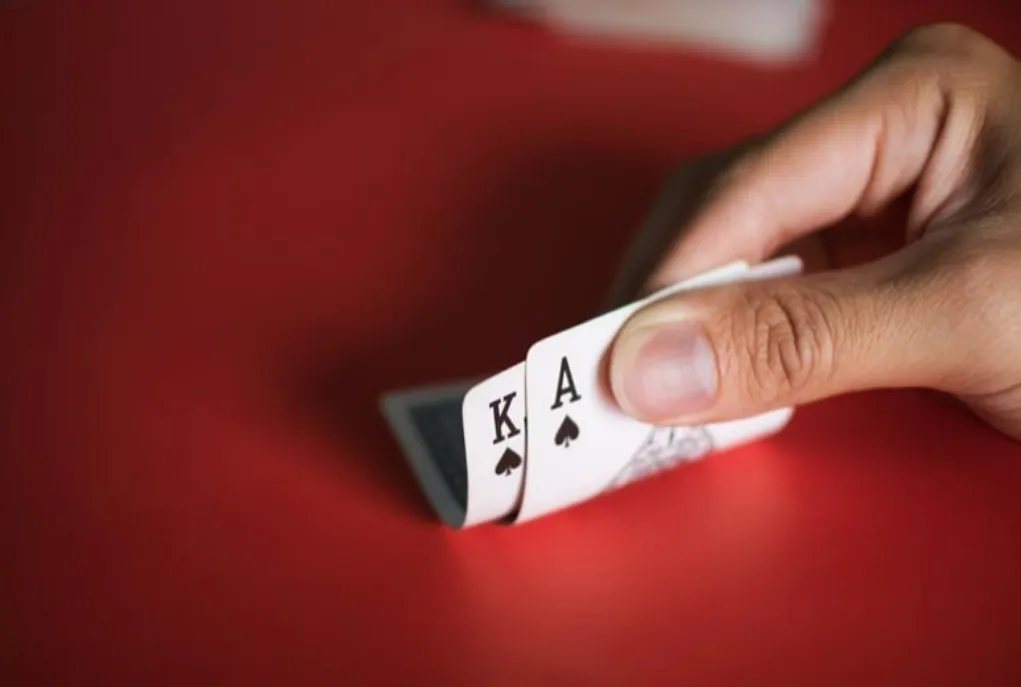Poker is a game most people living in the Western world are familiar with. When enjoyed in a social setting, it is a simple, fun pastime, often used as a communal lubricant and an excuse for buddies to get together. However, when played in a card room or casino for real money, it is something entirely different. In such an environment, it transforms into a contest that demands luck and an intricate set of skills for victory. For someone to get so good at poker that he continuously wins at this game regardless of the competition, he needs to have prime psychological insights into human nature, a good grasp of mathematical concepts such as probability, and decent emotional resilience.
Success in poker is all about having one’s synapses firing on all cylinders, allowing us to process complex information to make calculated decisions under pressure. Though one would not think it, language learning is a similarly demanding cognitive pursuit. It is, too, a venture where our brain searches for patterns and looks to adapt. Thus, it should not come as a shock that cognitive strategies developed through language learning can get implemented for bettering one’s ability at the poker table. The same cognitive flexibility gets exercised in both activities, especially working memory, and hacks exist that help language learning translate to poker.
We will explore this here, drawing on cognitive science and linguistic research to see how these spheres blend when it comes to growth in both.
How Learning Words Boosts Memory
As noted above, working memory is one of the most important, if not the most important, aspects of poker, as this is a game where gamblers must track community cards, bet sizes, and opponent tendencies throughout a session. To be able to speak a new language, one, of course, must learn a part of its vocabulary. The acquisition process strengthens working memory by requiring learners to retain and recall new words in real-time. Studies show that bilingual people consistently outperform monolinguals in verbal and spatial recall tasks. Naturally, this is directly transferable to poker, where juggling multiple variables is necessary, like calculating pot odds or recalling an opponent’s betting history.
Vocabulary drills like spaced repetition systems train our brains to encode and retrieve information quickly. Therefore, someone who has done this can memorize hand rankings swiftly, as his memory retention is much improved, and that can lead to faster decision-making under time constraints. This is critical for poker.
Accordingly, twenty minutes per day are dedicated to Spaced Repetition System drills, a common language-learning technique where learners use strategically spaced review intervals to optimize memory retention. After some time engaging in this training, a gambler can try to simulate real-game pressure by timing their recall drills, preparing for the mental demands of live poker. This also helps build discipline, which is also pivotal in card gambling.
Pattern Recognition Via Mastery of Grammar
Googling – how to improve your poker skills, few people expect to see an improvement in their grammar as a viable result. Yet, recognizing grammatical patterns for coherent sentence structuring can help identify tendencies, especially wagering-related ones in competitors.
The grammar of any language has patterns, and figuring out how they work can improve prediction. That can be used to deduce opponent strategies from observed behaviors. Grammar exercises, like parsing sentences or predicting word order, aid in anticipating outcomes using limited information. Technically, that is what poker is all about. Reviewing hand histories using software such as PokerTracker, categorizing moves made into patterns – for example, aggressive post-flops versus passive checking – is no different than breaking down sentences into syntactic components.
Emotional Regulation in Language Learning & Poker
Many people learn novel words in a language they are studying only to forget them a few weeks later, a common phase in this process that can be very disheartening. It indicates that learning a novel tongue is a long game and that one must build resilience to disappointments and stick to the plan, hoping it will eventually pay off.
Poker demands similar emotional control to avoid what in that landscape is called tilt. That is a state every player has experienced. It is when emotional distress produces poor choices. A 2018 study conducted by Monika Janus and Ellen Bialystok at the University of Toronto showed that bilingualism, without question, contributes to individuals developing more advanced emotional self-regulation.
In poker, emotional stability is a must, as players who do not keep cool when facing bad beats will probably fold under pressure. Language immersion teaches learners to remain placid even when they persist through conversational mistakes. Again, learning a language is not something that will happen in a week. It is a journey with ups and downs.
Furthermore, multilingual individuals excel at task-switching. They can do this swiftly, on account of their enhanced cognitive flexibility, which permits them to alternate between speaking, listening, and writing quickly. That improved adaptability also aids them not to panic but to instinctively search for solutions, having the confidence that one is in the ether and they can find it.














